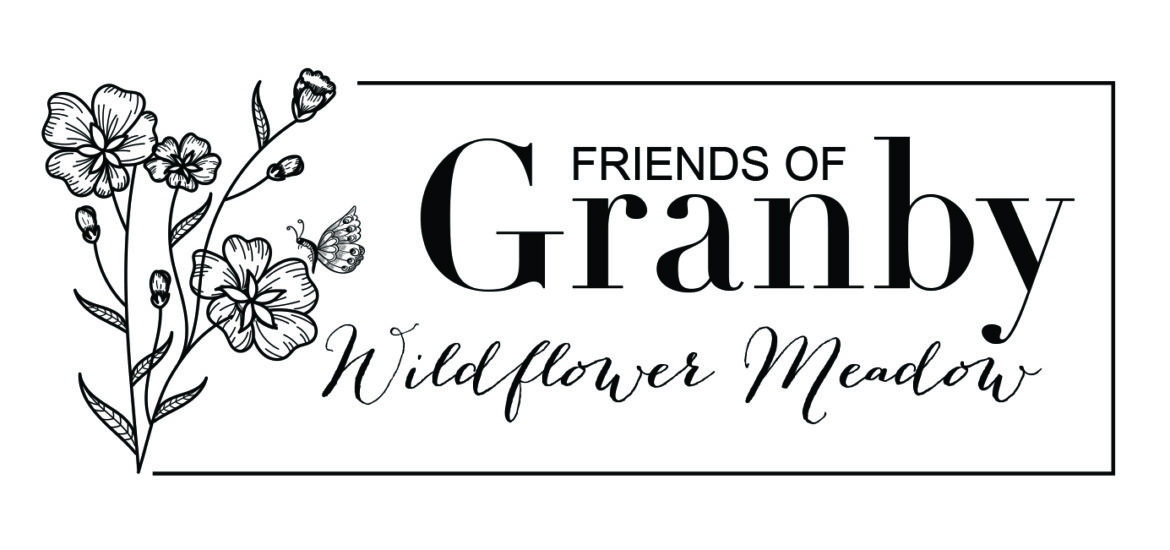The Friends of Granby Wildflower Meadow will host a Plant-In as its inaugural event on June 4 (rain date June 5) at the five-acre parcel located along Rte. 10/202 across from Maple View Farm. Over 1,200 plug plants have been ordered to be placed in a section of the field. A plug plant is a seedling that was sprouted and grown in a small cell. Plug plants are often grown together in a large tray with many cells. The process is simple; collect a small container of plug plants, choose a spot within the roped off area, turn over the soil with your trowel, and then place the plug in the prepared soil.
The event will run from 10 a.m. to 2 p.m. Parking will be at Maple View Farm. Unfortunately, those with walking difficulties should not participate as the path and field are very uneven. Due to poison ivy in the field, please wear long pants and boots for your protection. Bring a trowel if you have one.
Jumping worms, invasive non-native worms that strip soil of its nutrients and can cause considerable damage to both gardens and forests, are a major concern. To reduce the chance of worm eggs entering the field, everyone will be required to rinse all tools and footwear in a special solution prior to entering the field. Due to the jumping worm problem, the North Central District Master Gardeners are recommending the cessation of plant swapping.
Do not be concerned if you notice the field being mowed several times over the summer and fall. This is to kill poison ivy and many of the other plants currently in the field. Preventing the growth of leaves of undesired plants interrupts the process of photosynthesis, thus decreasing their competitive abilities and favoring of desired plants. Reducing the number of undesirable plants currently in the field will give the native flowering seeds scheduled to be sown late fall a better chance of growing next spring.
Remember that you, whether a private citizen, corporation, school or town can also help beleaguered bees and butterflies in several ways:
Plant native flowering trees, shrubs, and flowers.
Provide a water source.
Leave dead wood and bare patches of soil for nesting bees.
Mulch and not bag your clippings, using them as natural fertilizer.
“Leave the leaves” in your gardens until spring for overwintering insects.
Mow less often.
Use organic fertilizers.
Use alternatives to pesticides.
Don’t be too quick to eradicate nesting bees. Ask a local beekeeper for help first.
Editor’s note: Learn more about jumping worms at conngardener.com/jumping-worm-update/
